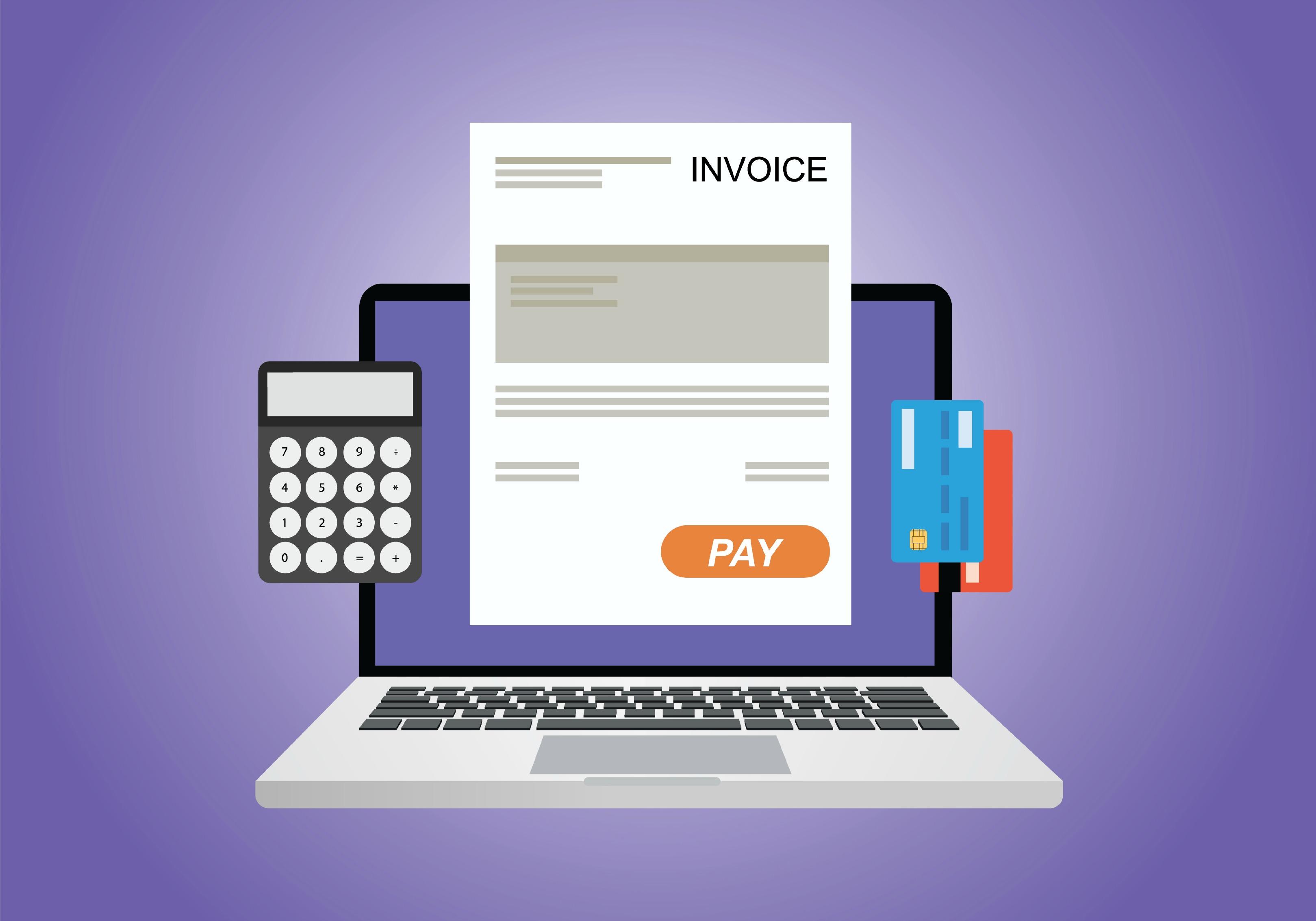Restrictive clauses originally designed to prevent suppliers form subcontracting work have often prevented companies from accessing ‘invoice finance’ funding. But now this is set to change, says Small Business Minister Anna Soubry.
New Measures to Free up Funding
Next year, new measures (‘the nullification of ban on invoice assignment clauses’) that free businesses from the restrictive clauses that prevent their access to invoice finance will come into force.  Invoice finance refers to funding where invoices for money owed are allowable as security, and this type of finance can allow businesses to obtain money faster than they would by waiting for customer payment.
Invoice finance refers to funding where invoices for money owed are allowable as security, and this type of finance can allow businesses to obtain money faster than they would by waiting for customer payment.
Currently, more than 44,000 businesses receive over £19 billion of funding through access to invoice finance, according to the Asset Based Finance Association. However, clauses designed to prevent a supplier from sub-contracting work can also block access to this kind of funding, and the Government’s press release confirmed that it is these clauses the government plan to remove, while still upholding customer’s right to prevent ‘traditional sub-contracting arrangements.’
The Government says this move will ‘specifically benefit small businesses,’ speeding up economic growth and creating jobs by helping these small firms secure finance. However, these measures will not apply in Scotland, where contract law is devolved, and will only apply to business to business contracts where the parties conduct a transaction using English contract law and one of them carries on business within the UK.
‘Overwhelmingly Positive’
John Allan, National Chairman of the Federation of Small Businesses, said the move was something the FSB had been calling for and called the decision “overwhelmingly positive.”
“Access to finance can be very challenging for small firms,” he said. “Recent FSB research shows that 38% of our members who applied for finance were refused in the second quarter of this year.” However it was important, he added, to “ensure that small businesses have clarity around exactly which types of contracts will be affected,” and that “invoice financing should never be used as an excuse for late payment.”
Jeff Longhurst, Chief Executive Officer of the Asset Based Finance Association, also welcomed the move, noting that invoice finance “is a key source of funding for SMEs in particular,” and that invoice assignment bans “are often imposed by large companies on their smaller suppliers.”
“With the work being done on late payment and now on ban on assignment, the government has shown it is committed to addressing poor payment practices and getting a fairer deal for smaller businesses,” he said. “The government must be congratulated for the focus on this important area.”
‘The Economic Backbone of Britain’
“Small businesses are the economic backbone of Britain and we will do everything possible to make sure they continue to grow and create jobs,” stated Small Business Minister Anna Soubry.
The British Business Bank has committed £45 million to 3 providers of invoice finance for smaller businesses: Inspired Capital, Market Invoice and URICA. The nullification of the ban will not apply to contracts retrospectively, but will permit debtors to take action against suppliers who breach commercial confidentiality. It will exclude financial services contracts and contracts with interests in land.
“By scrapping restrictions on invoice finance, thousands of firms across the country could benefit from faster access to hard-fought funds,” Anna Soubry said. “While invoice finance may not be right for everyone and is absolutely no excuse for late payment, I want small businesses to have the option of using it to increase their cashflow. This is all part of our plan to maintain the UK’s position as the best place in Europe to start and grow a business.”





Leave a Reply